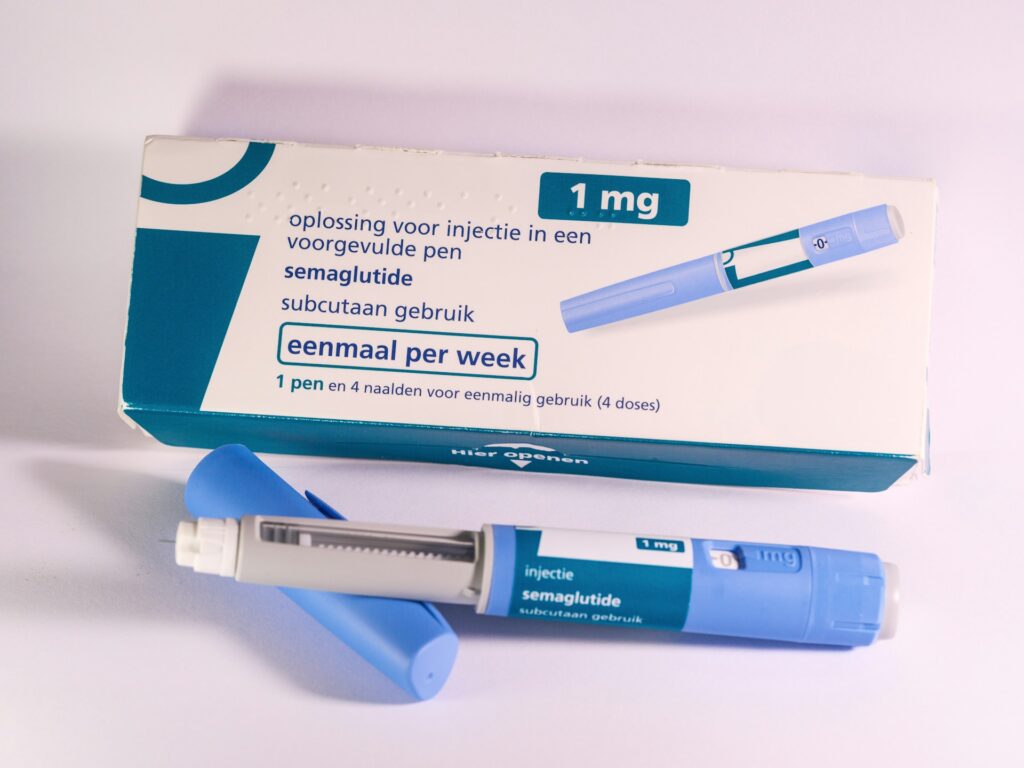Are you losing weight – and your income too? Wegovy’s breakthrough could usher in a new era in the food industry
The success of the Danish Novo Nordisk is gaining worldwide recognition: their anti-obesity drug, Wegovy, is not only considered revolutionary in healthcare, but also generates noticeable effects in the economy. While the drug creates new jobs, boosts the Danish GDP and brings international recognition to the manufacturer, an unexpected side effect is also emerging: less food is being consumed, and this is already making its impact felt in the food retail trade – writes the article in VG.hu.
Economic superstar, with new consumer habits
 The active ingredient in Wegovy, a hormone agonist called GLP-1, reduces appetite, and this effect affects more and more people worldwide. The spread of the drug is taking place rapidly throughout Denmark: by May 2025, the number of active users had increased by 40 percent, and 4 percent of the population was already taking the drug regularly. This number could increase to 8 percent among those eligible.
The active ingredient in Wegovy, a hormone agonist called GLP-1, reduces appetite, and this effect affects more and more people worldwide. The spread of the drug is taking place rapidly throughout Denmark: by May 2025, the number of active users had increased by 40 percent, and 4 percent of the population was already taking the drug regularly. This number could increase to 8 percent among those eligible.
While Novo Nordisk is booming, local stores and supermarkets are facing serious challenges. According to the Danish Retailers’ Association, supermarket chains could lose up to 1.2 billion kroner – about $187 million – in revenue due to appetite suppressants. This trend is expected to intensify if the drug is also available in tablet form, which will make it even more appealing to a wider audience.
US stores are already feeling the effects
Denmark is not the only country experiencing the economic impact of the new way of consuming. In the US, Walmart reports that the size of its “average shopping basket” has shrunk. Customers are buying less food, which is already affecting the share prices of beverage and snack manufacturers. Fast-food chains and diet programs such as WeightWatchers have been forced to rethink their business models.
According to the latest studies, GLP-1 users spend an average of 9 percent less on food. This trend is fundamentally shaking the stability of food chains – especially where the drug is spreading rapidly.
Commercial and labor market side effects
Novo Nordisk’s dizzying rise is not only affecting store revenues. Due to the company’s huge labor demand, Danish small businesses are increasingly complaining about a shortage of specialists: the drugmaker is attracting skilled labor, forcing other sectors to compete.
All this portends a new social and economic reality: in a society that is chasing a slimmer body image, less food is consumed – and this is already visible at the checkouts.
Related news
The price of Novo Nordisk’s star drug drops significantly
🎧 Hallgasd a cikket: Lejátszás Szünet Folytatás Leállítás Nyelv: Auto…
Read more >Related news
40 secure jobs, sustainable solutions – new BURGER KING® in Csepel
🎧 Hallgasd a cikket: Lejátszás Szünet Folytatás Leállítás Nyelv: Auto…
Read more >Hétéves növekedési stratégiát jelentett be az Auchan
🎧 Hallgasd a cikket: Lejátszás Szünet Folytatás Leállítás Nyelv: Auto…
Read more >(HU) METRO Gasztro Fesztivál a SIRHA Budapesten – Élmény, inspiráció és valódi megoldások a HoReCa-szakmának
🎧 Hallgasd a cikket: Lejátszás Szünet Folytatás Leállítás Nyelv: Auto…
Read more >








